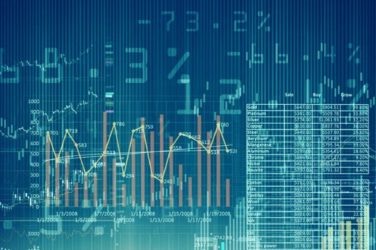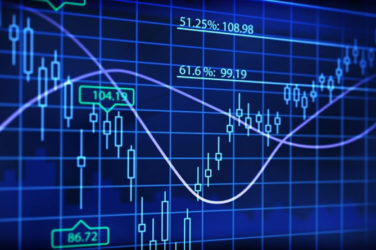
The proliferation of dark pools and other alternative trading systems has led to a fragmentation of markets, which is a double-edged sword.
On the one hand, by creating competition among trading venues fragmentation helps to keep spreads tight, which means there is an ample supply of liquidity across many asset classes, notably equities but also fixed income and foreign exchange.
On the other hand, fragmentation and the associated reduction of tick sizes means that institutional investors may have a harder time filling a large order off an exchange.
“The majority of the 40 or so dark pools in the U.S. are just middlemen, or venues for orders that from their inception are sponsored by a broker to meet with an order sponsored by another
broker,” said John Donahue, senior vice-president and head of equity at Fidelity Capital Markets, the institutional trading arm of Fidelity Investments.
“We view our dark pool [CrossStream] as a source of unique liquidity, because the liquidity is supplied by Fidelity Capital Markets. We are the executing broker for the majority of liquidity that comes into CrossStream.”
Operated as an alternative trading system, CrossStream is an anonymous, non-quoted dark book that helps reduce market impact.
“It allows you to increase your fill rate by providing access to both large, liquid names that can be moved in bulk, as well as a wide range of smaller, less-liquid issues that are difficult to trade in the public markets,” said Donahue.
Although tighter spreads reduce bid-ask sizes, and thereby create the perception of reduced liquidity, this may not be accurate.
“It’s true that electronic trading has tightened the average bid-ask spread, and this development was amplified by a number of markets reducing the tick size in response to the tightening of spreads, said Vassilis Vergotis, head of Americas at Eurex, Europe’s largest derivatives exchange.
As a result of both factors, the quantities available at the best bid-ask have become smaller in many markets.
“Institutional investors perceive this as a reduction of liquidity as they reluctantly trade through the best bid-ask,” said Vergotis. “However, a major driver for smaller displayed size in the order book has been the institutional investors themselves, as they hardly place any resting orders in the public order book due to the use of execution algorithms and dark pools.”
He added: “This negative effect on liquidity has been compensated for by growing HFT participation, as evidenced by improved liquidity.”
In futures contracts, there is no evidence of HFT orders “fading away when large orders hit the market”, said Vergotis.
“Some buy-side firms say that the liquidity seen in the public order book is not really available to them,” said Vergotis. “In this respect, HFT is also accused of front running. This allegation is obviously related to the experience in fragmented [cash] markets, where sometimes a buy-side order, by the time it hits the second or third market, is meeting an order book where some of the liquidity providers respond faster to the fills in the first market.”
Eurex’s analysis of futures indicates that there is no evidence of HFT pulling out before large orders hit the market and right after a large order has hit the market, and that the HFT share of the
just-hit best bid or just-hit best offer is increasing above the average participation level.





